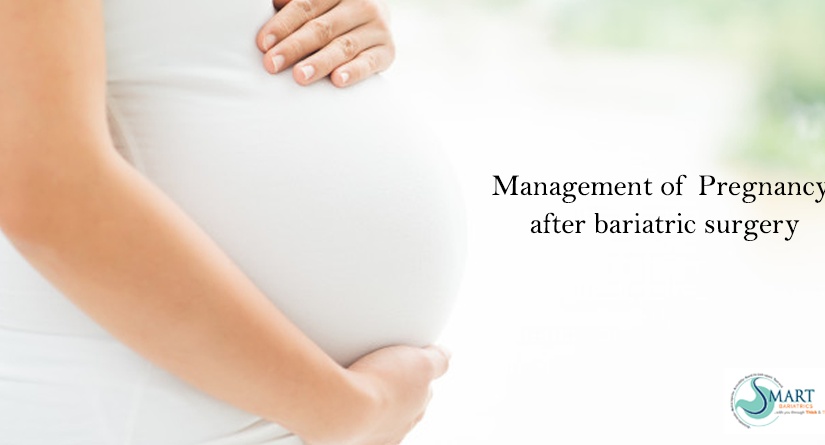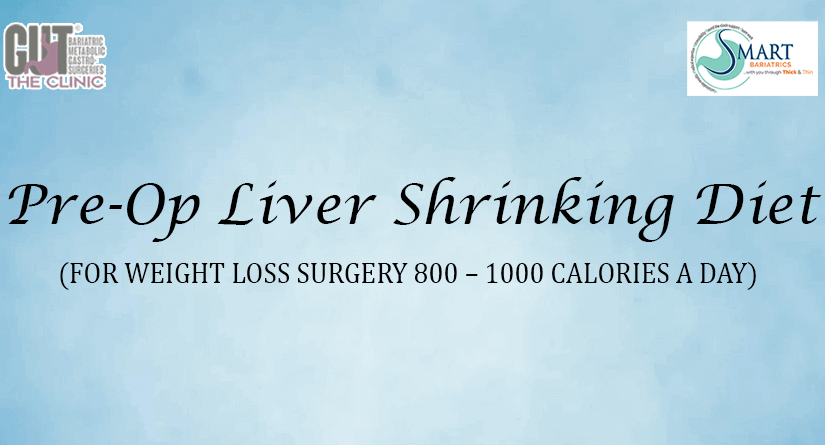Causes of Obesity in Children & Adolescents: Unraveling the Complex Factors
Recognizing the Growing Epidemic
According to the World Health Organization (WHO), children and adolescents from all walks of life, are increasingly facing the health threat of excess body fat, leading to overweight and obesity.
However, managing weight isn’t a quick fix; it’s a journey that requires lifelong support. The WHO emphasizes the importance of sustainable lifestyle changes that promote long-term well-being, not crash diets or rapid weight loss.
We used to think weight was simply about ‘calories in’ versus ‘calories out’, but science reveals a more complex picture. Genetics, environment, stress levels, emotional well-being, sleep patterns, underlying medical conditions, and even medications can all influence how our bodies store and manage fat.
Recognizing this complexity is crucial.
By addressing these multifaceted factors – behaviour, environment, and genetics – we can create a more effective and holistic approach to childhood weight management, paving the way for a healthier future for all.
Genetic Factors Contributing to Obesity
While we inherit a blueprint (genes) that influences weight, obesity isn’t just about our DNA. It’s a complex mix of factors. Genes can make some people more likely to gain weight, but hormones, metabolism, and even our culture and habits can all play a role in fat storage.
Even early in life, certain factors can increase a child’s chances of becoming obese. A mother’s weight before pregnancy, how much weight she gains while being pregnant, and even gestational diabetes (pregnancy-related high blood sugar) can all play a role. These factors can sometimes lead to a higher birth weight for the baby, which can independently be a risk factor for obesity, later in life. Additionally, a family history of weight issues, diabetes, high blood pressure, or certain hormonal problems can also increase a child’s risk of being overweight.
The good news? …Even with a genetic nudge, healthy choices like diet and exercise can make a big difference.
Dietary Habits and Nutrition
Childhood obesity may be linked to certain dietary habits. One major contributor is the overconsumption of calorie-dense foods that are low in essential nutrients. This includes things like processed snacks, fast food, and sugary drinks. These types of foods are often heavily marketed to children, making them even more appealing. While the research is ongoing on the exact impact of other dietary factors like snacking frequency, meal skipping, or one’s eating speed, it’s clear that an overall healthy diet plays a crucial role in weight management for young people.
Shedding extra kilos through calorie restriction (dieting) may be an effective strategy in the short term, but it’s important to consider how our bodies respond over time. While dieting offers a jumpstart, our bodies adapt to changes in calorie intake. This adaptation can sometimes involve a slowdown in metabolism, making it trickier to maintain weight loss in the long run.
Physical Activity Vs Sedentary Lifestyle
Children tend to become less active as they grow older, with a dip seen around age 6 and another around 13. This is especially more true for girls than boys. Children who are overweight or obese tend to move less throughout the day compared to their thinner peers. There’s also a general trend of children spending more time sitting as they get older.
Catching those Zzzs is important for more than just feeling well-rested! Studies have established a direct link between sleep habits and weight gain in children. Children or adolescents who don’t get enough quality sleep, whether it’s due to shorter sleep duration, restless sleep, or going to bed too late, seem to be at a higher risk for obesity. This might be because insufficient sleep is associated with being less active, having unhealthy eating habits, and even developing insulin resistance.
Screen time could also play a role. Too much screen time can disrupt sleep patterns and potentially mess with hormones that control hunger and fullness. Think of it as a domino effect: less sleep can lead to cravings for unhealthy foods and less energy for exercise, which can contribute to weight gain.
Psychosocial and Economical Factors
Weight stigma, the societal devaluation of people who are overweight or obese, can be a major psychosocial factor contributing to obesity. Negative stereotypes paint them as lazy and lacking willpower, creating a discouraging environment. This stigma manifests as bullying and social rejection, especially for children, impacting their mental health and self-esteem. The stress and negativity can even lead to disordered eating behaviours, making weight management even harder. Feeling ashamed and less motivated to participate in social activities due to weight stigma can further hinder progress. This cycle of negativity and discouragement creates a significant barrier to healthy lifestyle changes for those struggling with weight.
Building on the complex challenges of weight management, obesity also carries a significant cost burden. Not only does it strain healthcare systems financially, but it also has a profound impact on individual and societal well-being. The long-term nature of obesity means managing weight requires sustained commitment and lifestyle changes. This burden, coupled with psychosocial factors like weight stigma, can create a discouraging cycle that makes weight management even more difficult.
Environmental and Socioeconomic Influences
Our surroundings strongly influence how we live and our health. Modern life has become less active. Cars replaced walking, technology replaced exercise, and quick meals replaced healthy cooking. This makes it easy to fall into unhealthy habits like eating poorly and not getting enough exercise. As a result, we consume more calories than we burn, leading to weight gain.
The obesity spike in recent times is largely due to the surrounding environment that promotes weight gain.
This can happen at the family level (habits modelled by parents), community level (access to parks, healthy food options, and safe walking areas), or even national policies (government food subsidies or marketing practices). These influences can take advantage of our biological, psychological, social, and economic vulnerabilities.
Prevention Strategies and Early Intervention
Helping children and adolescents with obesity requires a multi-faceted approach. The goal is to reduce excess body fat, improve health problems related to weight, and prevent the development of chronic diseases in the future.
Treatment typically integrates a combination of different components. This may include learning healthy eating habits with the help of a nutritionist, incorporating regular physical activity into the child’s routine, and providing psychological support to address any emotional challenges associated with weight. In some cases, medication might be prescribed to assist with weight management.
Metabolic and bariatric surgery offers the best long-term results for weight loss in severely obese adolescents.
Studies show significant weight reduction (25-40%) even years after procedures like Roux-en-Y gastric bypass or sleeve gastrectomy.
The benefits go beyond weight loss!
Individuals often see improvement in health problems linked to obesity, like cardiometabolic risk factors, musculoskeletal pain, and functional mobility.
References:















